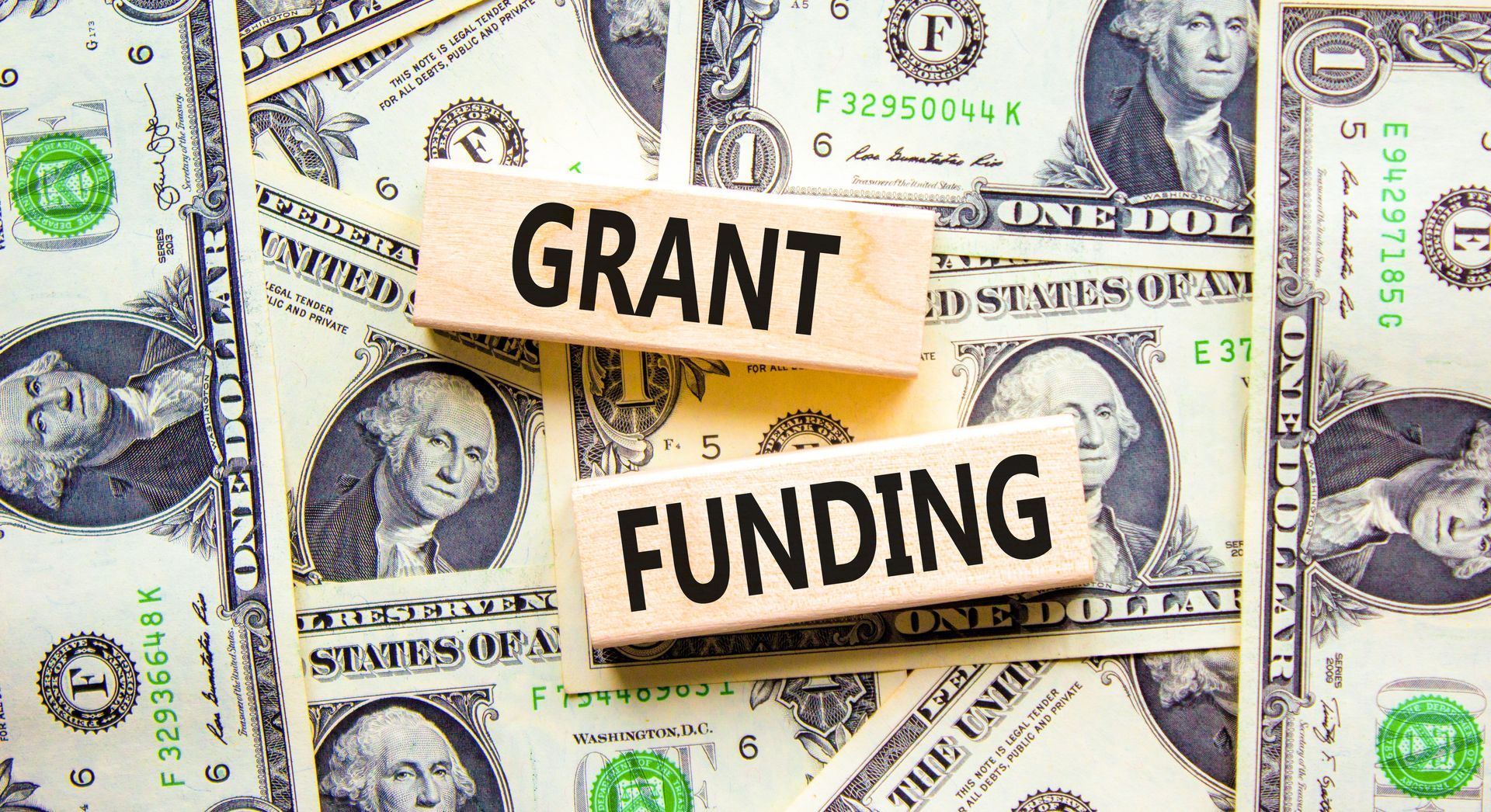Blog

Nonprofit credibility is built on trust. Creating logos and branding campaigns require a small investment of time and resources, but the real value of those assets is earned through years of effort and the association you build between your IP and your services.
After years of building that IP into something of value, you don’t want other organizations or people to hijack those assets, confuse donors, and potentially damage your reputation.
Whether another group is using your branding and materials or you simply want to prevent that risk, the effective use of intellectual property (IP) protections can give you control over how your work is used and stop others from taking advantage of it.
Common IP Problems in the Nonprofit World
- Copycat branding: Another organization launches a campaign under a nearly identical name or uses your logo, or a logo obviously copied to mimic yours, to solicit donations.
- Unauthorized material reuse: A partner or volunteer republishes your brochures, training manuals, or photos without consent. Switching out logos or making minor tweaks do not constitute original material.
- Commercial misuse: A for-profit company adopts your tagline or branding to imply affiliation.
- Digital copying: Your online courses, e-books, or web content appear elsewhere with minimal changes.
These situations carry a high risk of eroding donor confidence and public trust. Even when another organization’s intentions are not nefarious, it’s important that nonprofit leaders maintain control over IP assets associated with their organization. Trademark and copyright protections allow you to stop this behavior and maintain control of your materials.
Trademark Protection for Names, Logos, and Campaigns
Trademarks safeguard the elements that identify your organization to the public. To establish and enforce your rights:
- Register your marks: File federal trademark applications through the USPTO for your organization’s name, logo, recurring event titles, and slogans. Registration provides nationwide protection.
- Monitor for misuse: Search regularly for similar names or logos in charity databases, social media, and online campaigns.
- Act promptly: If confusion is likely, legal counsel can issue a cease-and-desist letter or file an opposition or infringement claim with the USPTO or in court.
Protecting campaign and event names is especially important. These are often the most visible elements of your organization’s identity.
Copyright Protection for Written and Creative Works
Copyright automatically applies to any original work created by your organization, such as brochures, photos, videos, educational materials, or web copy. Registration with the U.S. Copyright Office strengthens your enforcement options and allows you to seek statutory damages if infringement occurs.
Unlike trademarks, copyright protects the specific expression of an idea, not the idea itself. Another group can develop a similar program or resource based on the same concept, but they cannot legally copy or lightly reword your actual materials.
If infringement is discovered, your attorney can issue a takedown notice, file a Digital Millennium Copyright Act (DMCA) complaint, or pursue civil remedies if informal steps fail.
What Can’t Be Protected by Copyright or Trademark
Not every creative or brand element can be locked down. Some things are simply too broad, generic, or descriptive to qualify. Common nonprofit examples include:
- Generic names: Titles like Community Food Bank or Animal Rescue Project describe a function rather than identify a unique brand.
- Common phrases or slogans: Short or motivational phrases such as Give Hope Today are often too generic for trademark protection.
- Facts, data, and ideas: Copyright does not cover raw statistics, concepts, or methods, only the way they’re expressed.
- Public domain works: Content created by the federal government or already in the public domain can’t be copyrighted.
Licensing and Collaboration Risks
Nonprofits frequently collaborate through partnerships, coalitions, and grant-funded projects. Shared missions often mean shared materials. Without clear agreements, ownership and permissions can become murky. To avoid disputes:
- Clarify ownership: Before joint projects begin, decide who owns the materials and what credit will appear.
- Use written licenses: Define exactly how others may use your content, including geographic limits, duration, and modification rights.
- Revisit agreements after partnerships end: Make sure former collaborators stop using your name, logo, or content once joint efforts conclude.
What to Do if Another Organization Copies Your Work
If you discover another group using your materials, act quickly but carefully.
1. Document the evidence: Save screenshots, URLs, and copies of the offending content.
2. Confirm ownership: Make sure the materials in question were created or commissioned by your organization.
3. Consult an attorney: Nonprofit legal counsel can assess whether the use qualifies as infringement or fair use.
4. Send a cease-and-desist letter: This often resolves the issue without further action.
5. Escalate if necessary: File a DMCA takedown or consider a formal infringement action if the misuse continues.
Prompt, professional action signals that your organization takes its intellectual property seriously.
Proactive Steps to Prevent Future IP Misuse
After addressing immediate issues, it’s worth strengthening your long-term IP framework.
- Register your primary logos and recurring event names as trademarks.
- Keep dated records and digital copies of all original works.
- Use copyright notices and trademark symbols on printed and online materials.
- Include IP clauses in vendor, partnership, and employee agreements to ensure ownership stays clear.
- Regularly monitoring how your content and branding appears online can also help you spot potential misuse before it causes reputational damage.
Protect Your Nonprofit’s Brand With Experienced Legal Guidance in Atlanta
Your organization’s name, logo, and creative work represent years of trust-building, and they deserve the same legal protection as the IP of any for-profit business. If you believe another group is using your materials or brand without permission, or you want to make sure that doesn’t happen to you, a Georgia nonprofit attorney can help.
Nonprofit general counsel Cameron Hawkins can evaluate your options, send enforcement notices, and register your intellectual property to prevent future misuse. Call (678) 921-4225 to schedule a consultation.











